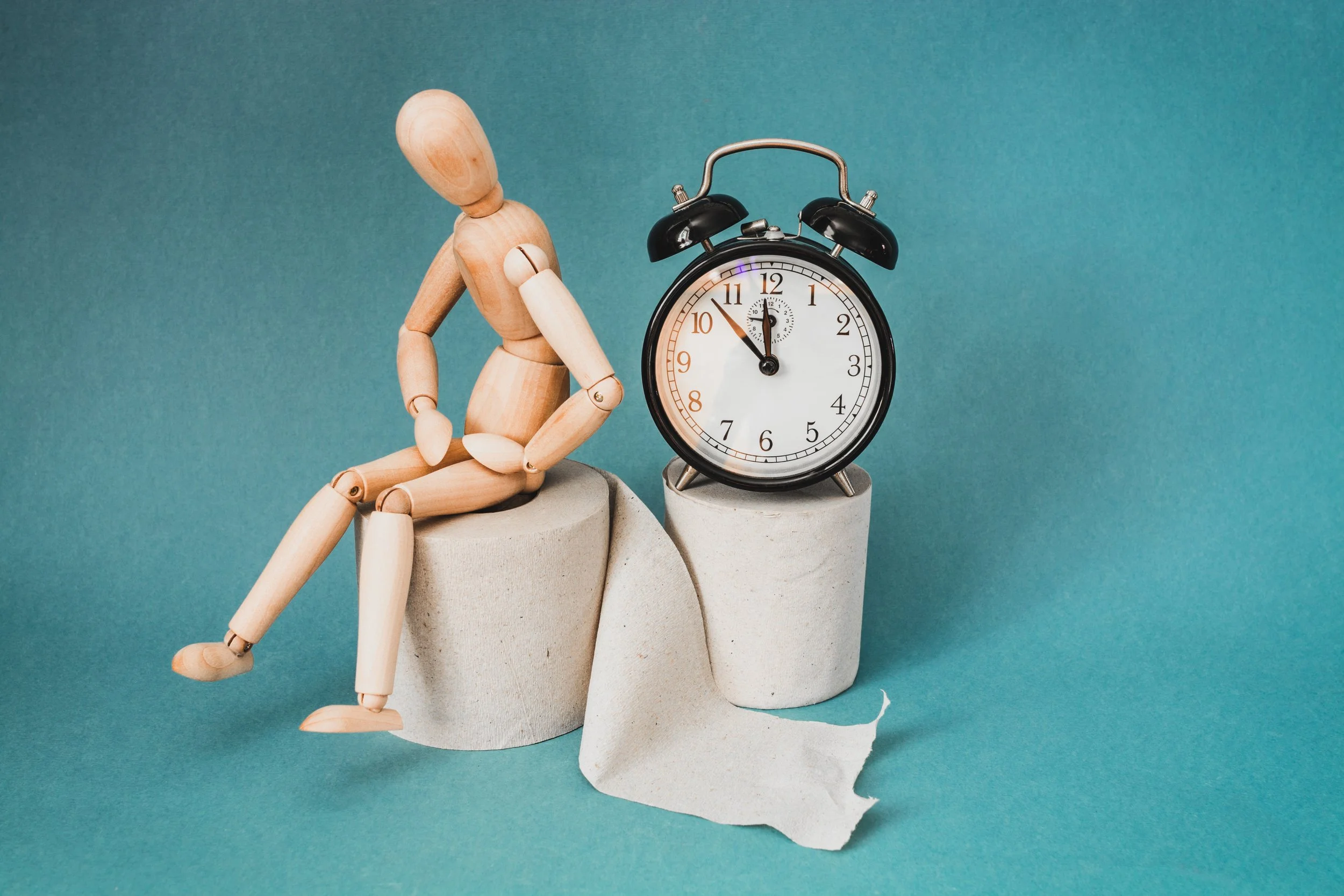Are you sitting and sitting but nothing is happening? You know you needed to go, but when it’s time to make it happen, you just can’t. Here at the Colorectal Clinic of Tampa Bay, we know exactly what you’re going through – constipation.
We talk to many patients with constipation woes, and we’ve compiled a concise list of everything you need to know in order to both eliminate constipation when it arises and avoid it in the future. In this blog, we’ll answer these questions: what should I do when having constipation, what foods make constipation worse, and how long can constipation last.
Here’s What You Need to Know About Constipation:
#1: Constipation Is a Symptom
It goes without saying that “the go” should be much easier than it is when you’re constipated. This should be a sign to you that something is going on in your body! For this reason, we consider constipation in and of itself as a symptom of something else going on.
#2: Constipation Can Have Many Causes
To follow up on the previous point, constipation can be caused by several different factors. Did you know that foods can cause constipation, too? So, what foods make constipation worse? You learn more in our post, What Causes Constipation?
Irritable bowel syndrome, also known as IBS
Any change to your routine
Not getting enough exercise or activity
Being pregnant
Taking some medications
Eating binding foods (cheese, milk, highly processed grains) and/or not enough fiber
#3: Constipation May Be Associated With Other Conditions
As we mentioned above, your constipation might be associated with something like IBS. If you’re constantly battling with this symptom and nothing seems to be working, you should reach out to a colorectal specialist or see your general care practitioner for a referral.
#4: You Can Treat Most Constipation at Home
So, how long can constipation last? Well, that all depends on how you treat it at home. If you’re on top of your symptoms and follow these pointers, you should be feeling better in 24 hours or less. So, what should I do when having constipation?
Add some fiber to your diet. It’s preferable to get fiber into your diet with whole grains, fruits, and vegetables due to the fact that they also contain vital nutrients for your body. However, if you struggle to eat these foods, a psyllium husk fiber supplement can help, too.
Get moving. Exercise, even if it’s just a short walk up and down your street, can help get things moving.
Drink water. Sometimes, your body might be pulling too much moisture from your stool to compensate for low water consumption. Drink your 64 ounces of water every day and see how you feel.
Take a stool softener. It’s better to try the above methods first, but if things just aren’t moving along, a stool softener can help.
Try coffee. If you don’t already have a morning “cuppa,” the caffeine can help get your bowels contracting.
#5: You Should Keep an Eye Out for These Things
Keep in mind that you should always alert a medical professional if you have a sudden onset of blood in your stool, extreme abdominal pain, fever, nausea, vomiting, or if you stop passing gas and feel extremely bloated. These things could indicate a bowel obstruction or other issues within your bowels.
When in doubt, and if your symptoms don’t improve, don’t hesitate to get in touch with our team of colorectal specialists or ask for a referral from your GCP.

